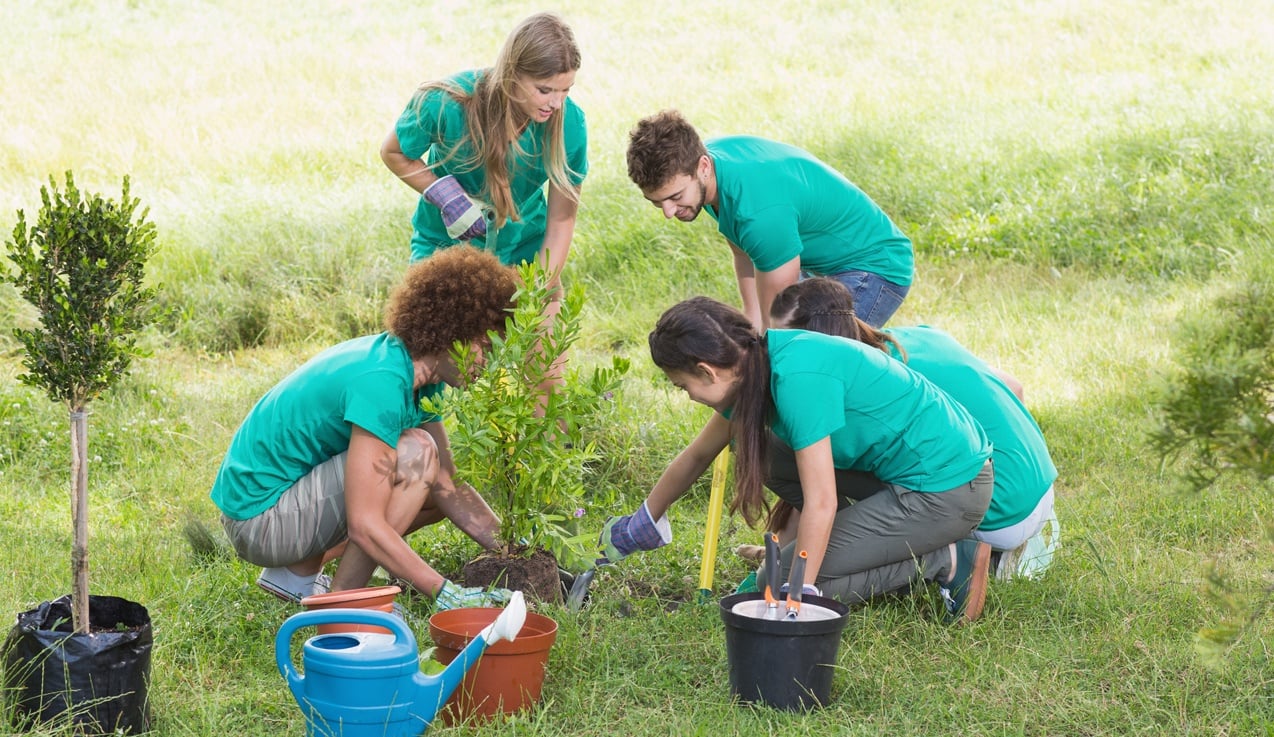A few years ago, "Turning the Tide" was published by a professor at Harvard's Graduate School of Education as a way to encourage high school students to be more empathetic, civic-minded, and service-oriented. In collaboration with the Making Caring Common Project, Richard Weissbourd's report was widely endorsed by a long list of deans of admissions and college counselors from the most respected colleges and high schools in the U.S. It was a fairly positive approach about raising kind, helpful, and giving children.
However, the message got lost the moment families heard that the Harvard dean of admissions, along with other high profile leaders in college admissions, were the most vocal endorsers. Families made a giant assumption that community service was the secret to getting into colleges like Harvard.
Part of the reason the report was written was that there were a growing number of high school students doing community service just to impress colleges. The sobering reality of "Turning the Tide" is that this effect has only multiplied since the report was published. Students are trying to out-do one another in order to be viewed as someone dedicated to giving back to their community. What's interesting is that despite "Turning the Tide," colleges haven't changed how they evaluate community service. It is one of many things that a student can do in high school, but it's not a silver bullet.
Here is the truth about doing community service in high school:
- Nowadays, almost every student has some form of community service on their college application because it is usually part of a high school graduation requirement or a requirement for an honors organization, like National Honors Society.
- There is an expectation that students will have at least one service-oriented experience in high school. But this is not an admissions requirement for most colleges.
- Doing community service is appreciated in the college admissions process, but it rarely is the reason a student gets admitted to a specific college.
- Students who are able to connect service work to something they may be interested in pursuing academically in college or students who volunteer with an organization close to their heart, get the most out of the experience. This helps to build their narrative in the application. For example, a student who is interested in going into real estate and urban redevelopment could get involved with a community-wide clean up or a project to plant trees in their city. A student who speaks her family's native language could work closely with immigrants or refugees in their community.
"If you have a specific academic interest, pursue service work that supports it. College admissions officers will take note." TWEET THIS
- Volunteer work in a student's own community is more valued than participating in an expensive service trip abroad.
- As much as colleges say they value service work, they do not typically want to read a college essay about it. So many students write their essay about volunteering that it's very difficult to say something novel. The topic can also feel forced—almost like the student is trying too hard.
- A better approach is to let your service work speak for itself on the activities list of the application by the role you play in it and the amount of time you devote to it. Colleges are more impressed with a student who spends 10 hours a week, 40 weeks a year (9th through 12th grade) doing a community service project, rather than a student who does a one-time experience with little time or commitment devoted to it.
- Founding a new service club at your high school or even leading a service-oriented club is nice to see, but it can only take you so far. Impact matters more than titles when it comes to service work.
- During freshman year, a student should try out a few service-oriented opportunities. If they end up sticking with one, some or all of them throughout high school, that helps to build the student's narrative.
- So many students are volunteering that it tends to lose its influence unless the student is doing something on such a deep and powerful level.
- If the student just wants to get credit for volunteering, they can do almost anything.
- If the student wants to get noticed for their community service work, they should focus on continuity (9th through 12th grade commitment) and be viewed in their community (or on the national level) as a change agent.
As much as colleges claim to value volunteer work, they are rarely moved to admit a student because of it unless the student's impact is so far-reaching and unusual. It is a good reminder that service work is more about "giving" than "receiving." And those students who recognize this tend to volunteer for all the right reasons in the end.








.jpg)



